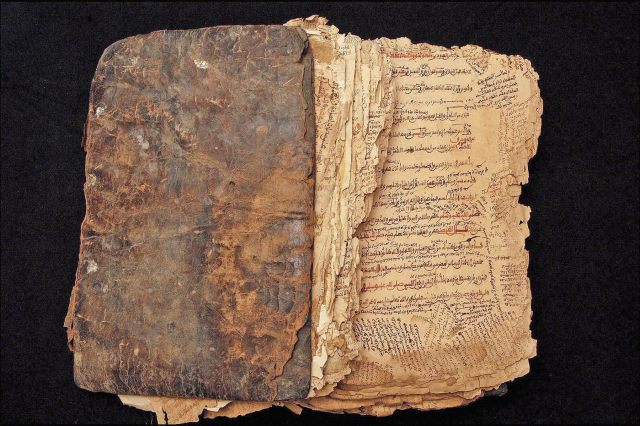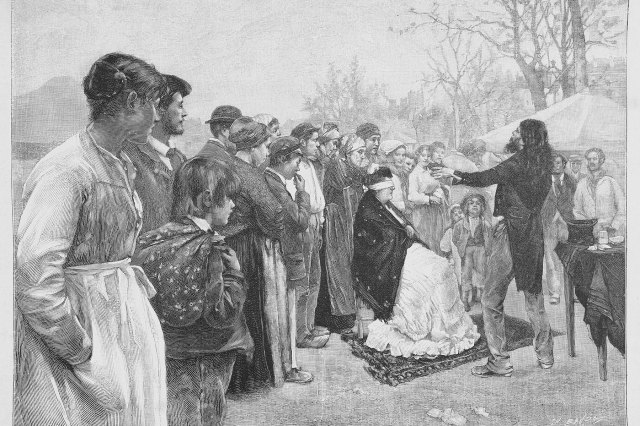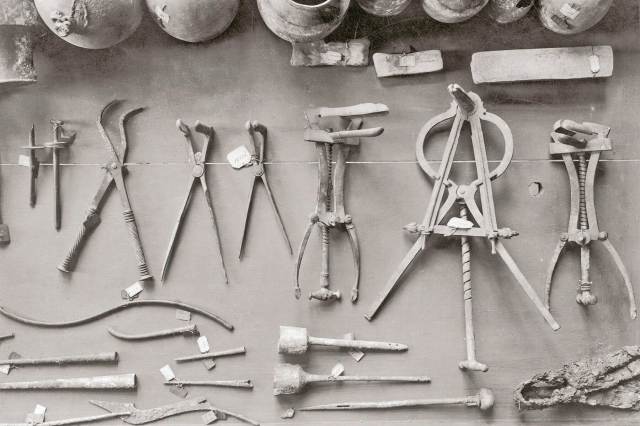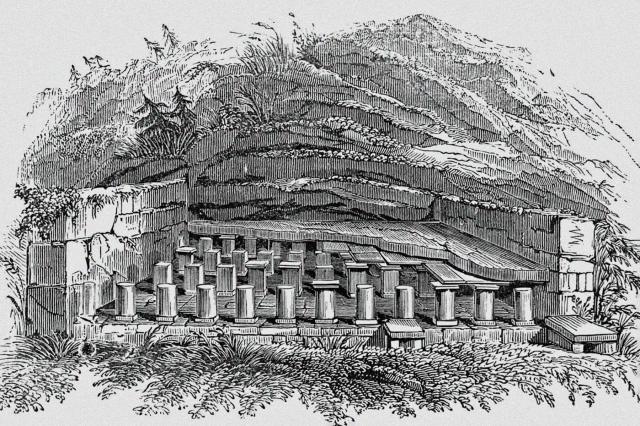5 Inventions You Didn’t Realize Came From Ancient Rome
In 500 BCE, Rome was nothing more than a minor city-state on the Italian Peninsula. But with its eyes set on expansion, Rome began to conquer its neighbors until it controlled all of Italy. It didn’t stop there. It became an empire in 27 BCE, and at its height — around 100 CE — the vast and immensely powerful Roman Empire stretched from Britain to Egypt.
Rome’s influence on the world was both widespread and long-lasting. The Romans were great innovators and inventors, sometimes appropriating and advancing aspects from other cultures, and other times inventing entirely new technologies and systems. These innovations covered a wide range of fields, including state institutions, cultural practices, and engineering techniques.
The Roman Empire eventually fell in 476 CE, but its legacy and influence carried on — all the way to the present day. Some of Rome’s most famous innovations, such as sanitation systems and road networks, are well known and still very much in evidence; in the United Kingdom, for example, many modern roads still follow the routes laid down by the Romans. Other Roman innovations, however, are more obscure. Here are five inventions that continue to shape our modern world, but that many people don’t realize originated in ancient Rome.
The First Bound Books

In the ancient world, the first written documents were typically recorded on clay or wax tablets, or on sheets or scrolls of papyrus. The Romans also used scrolls, but during the first and second centuries CE, a new form of storing and accessing information emerged: the codex-style book. These notebooks, known as pugillares membranei (roughly translating to “parchment book”), were formed by stacking pages — typically made of vellum or papyrus — that were then joined along one set of edges, much like modern books. They were mainly used for personal writing, and represent the first true form of the bound book. The codices soon became popular throughout Western Europe and the Middle East, eventually superseding scrolls and tablets.
You may also like
Recommendations For You
-
01.
 Science & Industry
Science & IndustryWhy Did Doctors Wear Beak Masks During the Bubonic Plague?
-
02.
 Science & Industry
Science & Industry5 Inventions That Came Out of the Great Depression
-
03.
 Science & Industry
Science & Industry6 Amazing Breakthroughs Made by the Ancient Greeks
-
04.
 Science & Industry
Science & Industry6 Shocking “Scientific” Beliefs From Victorian England




















